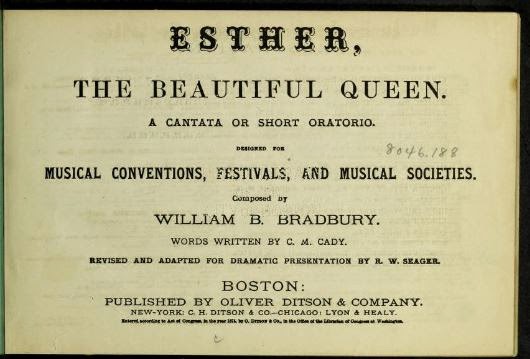I was trying to come up with another story to tell about our
Taylor-Baker Family. A while ago, my sister Sue had given me a Reader’s Digest
story about how families who knew their history, their family stories that made
them uniquely ‘them’, tended to be more
resilient as adults. Perhaps knowing all of the hardships of earlier
generations helped them when they faced their own sorrows, perhaps knowing the
adventures their ancestors braved made them braver as they plunged forward.
And, Mom had sent me a letter tracing her theory on how her
mother got some of the Waller-Carson journals. With the letter, she sent a news
article and in it, a town historian recounted the importance of
journals—sometimes they are the only places that earlier births and funerals
were written about. How true, I thought. I have found many deaths not found in
newspapers from Cordelia and Emma’s journals.
So, searching for what to write about, I looked through
Cordelia’s diaries, focusing on January as we just had our first true snow
storm of the season (nine inches with perhaps two feet in two days to round out
our ‘beginning of winter’). I did find references to sleigh rides and snow, but
in January of 1892, I found Cordelia writing about her sister Mary’s death.
Cordelia’s sister, Mary Waller (six years younger than our
Cordelia) married Richard Watson Seager. Mary died on January 9th,
1892 in St. Paul, Minnesota. Here is from Cordelia’s diary:
Sunday,
Jan. 10th: How true it is that we know not what the next moment may
bring. While Daniel was teaching his class (Sunday church school class), a
telegram came with the, to us, sad news that dear Sister Mary had “gone home”.
Lord, keep my heart from breaking.
Monday,
Jan. 11th: A sad, sad day, & yet I know it is well with her. I
weep over my loss. They lay the precious form away this p.m. & I am there
in spirit & see it all.
Jan. 12th:
Go up home for a change. The dear children divert my mind. Little Clara
preaches me a little sermon I shall not soon forget & I can but smile through
my tears. “A little child shall lead them.”
Jan. 13th:
Letters come with details. So her death had no fears. To die was going home. In
deep sorrow our hearts are comforted. Thy will, O God, be done.
Jan. 14th:
Must take up the burden of work, & keep hands & thoughts busy. Go to
evening meeting—with a full heart. Sympathy of kind friends is
appreciated.
Jan. 15th:
A lovely day, & sleighing perfect. The jingling of bells is almost
constant. Daniel draws wood. I go on with guilt & have pleasant memories. Write
notice for paper.
Jan. 16th:
Wash out a few things, & prepare for Sabbath. I keep very busy &
rejoice that I am able to do so. Think much about dear Sister.
Richard and Mary Seager had four children, two
girls and two boys. As I googled to find out more facts, I came up husband
Richard’s obituary in 1913. He was ‘a musical composer of note’ and was most
famous for his cantata of Queen Esther. Wow! Intriguing! I can see that Richard
WAS a singing teacher and musician in the census’ over the years, but now Mary
Waller Seager springs to a more full picture in my mind—she must have spent her
life surrounded by music.
Looking
further, I can see Richard’s cantata—‘Esther the Beautiful Queen’. Thanks to the Boston Public Library trying to
put as many of their and all Massachusetts libraries and historical societies
items on line, you too can see it:
https://archive.org/details/estherbeautifulq00brad
The cover of the music shows that Richard worked on this
cantata with other people, but one website implied that Richard’s changes made
it the popular show it became. He certainly gives precise notes—on page three
of the booklet, he goes into specifics: “In the course of the first evening,
ascertain, as far as possible, the quality and caliber of voices adapted to
various solo parts, but don’t positively
assign any solo parts till sure you are right” and “Don’t try to go through
the book at any one rehearsal” and “One week before the concert commence the
advertising. It pays to ‘pay the printer’.”
Page from 'Esther the Beautiful Queen'
So, both Sue and Mom’s ideas came together, adding yet more
levels to our family history as we know it—by digging into Mary Waller Seager’s
death, I found more of our family’s history I had never known. A composer in
the family!




1 comment:
Pat, I love how good you are at genealogical detective work and what wonderful finds it results in! With all the musicians in the family, this adds another delightful dimension. Thank you!
Post a Comment